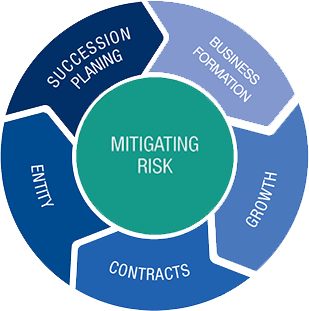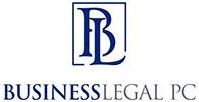- Services -

Succession Planning
There are many reasons for a business to change ownership – retirement of the original owners, sale, or financial hardship. Integrating the transition of a business with estate planning is critical, as is ensuring that any on-going liability for former owners is eliminated in a sale or closure of a business.
Succession of a Family-Owned Business
Planning for the transition of a family owned business from one generation to the next is riddled with operational, equitable, asset protection and tax considerations. Often not all of the second generation family members are involved with the operation of the business. Planning for the operational succession of the business, and the equitable distribution of its value, are often dilemmas for the family business patriarchs. Family members, whom derive their income from the business, are concerned with protecting the business as first generation owners age. The tax burden of inheritance is also a consideration to be addressed. Developing a successful succession plan for the business involves the coordination with the owner’s estate plan to assure a seamless transition. BusinessLegal can help craft a plan to address, not only the operational needs of the business, but provide a comprehensive estate plan for the owners.
1. Business management succession;
2. Coordinating owner estate planning with business succession planning;
3. Tax planning;
4. Asset protection strategies.
Sale of an Existing Business
As a seller of a business, legal representation can assure that liabilities, arising after the business is sold, do not come back to the former business owner. Key concerns are:
1. Asset Purchase verses a stock or equity purchase;
2. Completing all the necessary due diligence to assure that following the sale, the former owner is shielded from subsequent liabilities associated with the on-going operation of the business, whether environmental, litigation or financial;
3. Defining the required assistance needed to transition the business.
Closing a Business
There is more involved in closing your business than just locking the doors. Our firm knows the procedures for getting out of business, including what forms to file and how to handle additional revenue received or expenses that may be incurred.
Contact Us Today!
Send Us a Message or Call (239) 329-2151
Contact Us
Thank you for contacting us.
We will get back to you as soon as possible.
Oops, there was an error sending your message.
Please try again later.
On the Way? Here's a Map!
3812 Skyline Blvd., Unit B, Cape Coral, FL 33914


